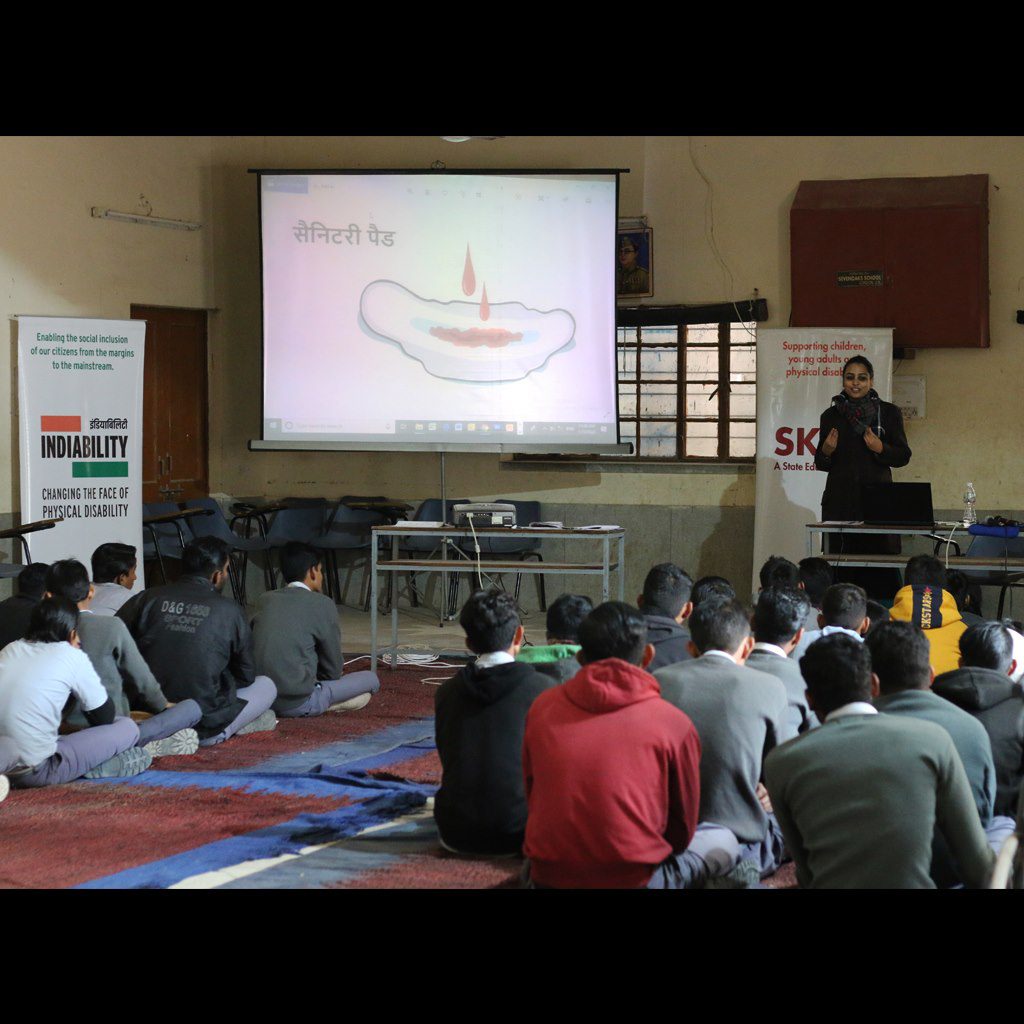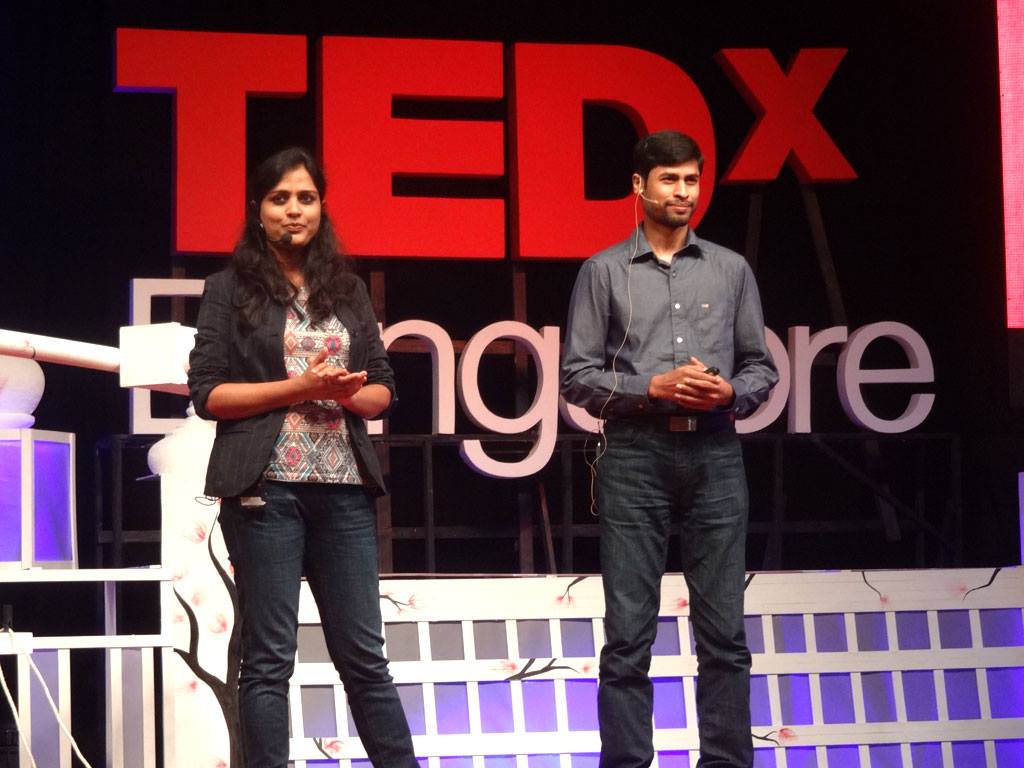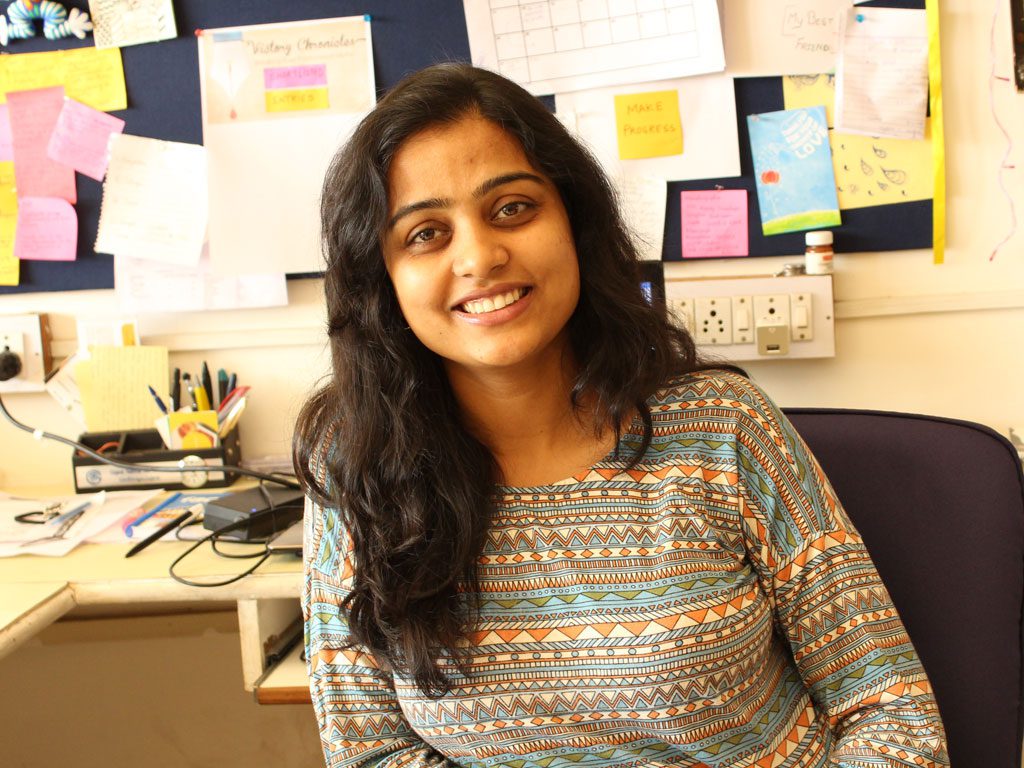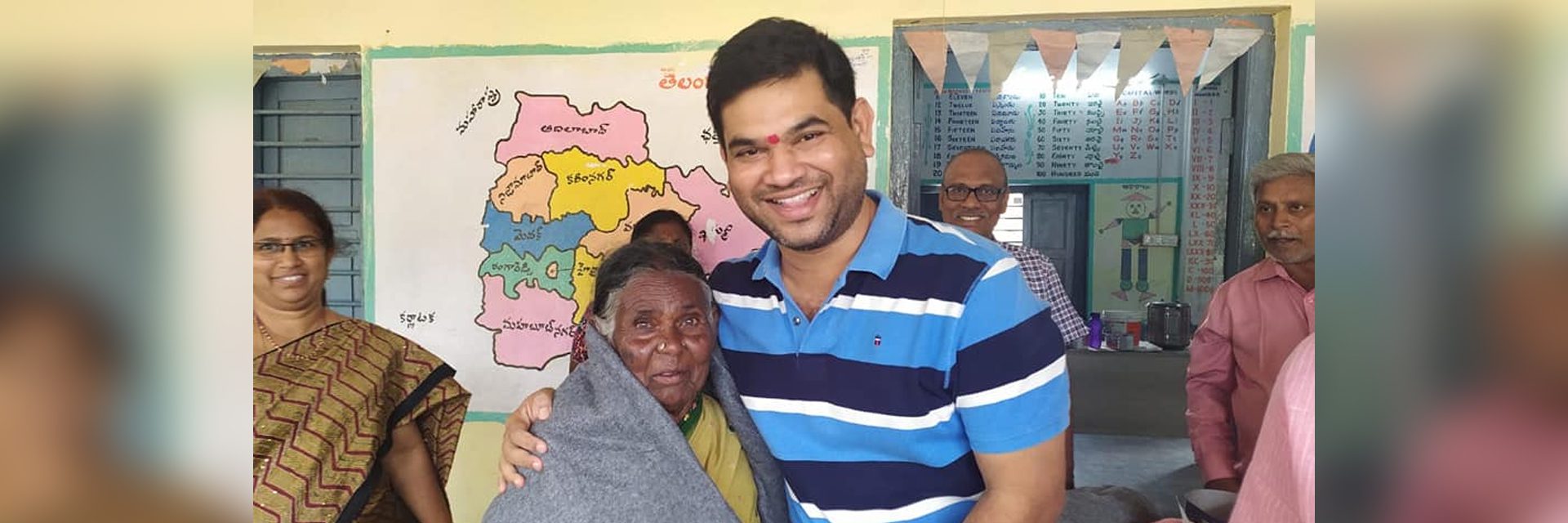(March 2, 2022) Not many individuals are comfortable discussing periods or even menstruation freely. The subject is often relegated to hushed tones. Sanitary napkins hidden in brown paper bags, menstruating women banned from kitchens, places of worship and festivities, or just isolated. Even today, several girls in small towns and villages drop out of school due to lack of proper hygiene once they start their periods. To shatter these myths and taboos surrounding menstruation Indian entrepreneur Aditi Gupta launched Menstrupedia with her husband Tuhin Paul.
Launched as a comic book aimed at educating and creating awareness about menstruation, the comic demystifies the biological process and makes information accessible for young kids in the throes of puberty. Today, Menstrupedia works with over 11,000 schools and 10 government organisations, and the comic itself is published in 19 different languages with a presence in six countries. In fact, Aditi’s work has been so appreciated that she has been featured in international magazines like TIME and is also on the Forbes 30 Under 30 list.

A magical childhood
Raised in Garhwa, Jharkhand, Aditi is the eldest of three siblings who led a magical childhood. “Our house was by a river. My brother and I spent hours trying to fish there. During Chhat, I’ve seen beautiful ceremonies right outside our home. A little mountain just beyond the river provided a beautiful backdrop as it changed colours every passing season,” she recalls, adding that summer evenings were spent under the glow of a thousand fireflies. “It really was magical,” smiles the Indian entrepreneur, who shares a close rapport with her parents who always instilled a sense of confidence in her.
In small towns like hers, girls are married off after class 10. “But my parents were well educated and went to great lengths to ensure that we were too,” she tells Global Indian.

After doing her engineering from Hindustan College of Science and Technology, Agra, Aditi did a Masters in new media design from National Institute of Design. “Growing up in a small town meant that one either studied medicine or engineering. Although, I had a creative bent of mind, I too first pursued engineering,” says the Indian entrepreneur in an interview with Global Indian.
Despite an idyllic childhood, Aditi was asked to keep her periods a secret, even from family. “I got mine at 12. It was treated like an unspeakable sin. I was not allowed to touch or eat pickles, attend social activities or festivities, sit on the sofa or on the beds of family members. I had to wash my sheets after each period, stained or not,” shares the entrepreneur, who would use rags to manage her cycle, often dried in damp, dark places.
The onus to design for progress

Aditi Gupta and Tuhin Paul
It was during her time at NID that she met and fell in love with Tuhin, who learnt about the inconvenience she often faced. He pulled up a wealth of information for her. “It struck me that there were millions of girls who were ill-informed about menstruation. This left them vulnerable to unhygienic practices, and also lowered self-esteem,” says Aditi, who undertook a year-long research project with Tuhin to understand the level of menstrual awareness in young school-going girls in urban and semi-urban areas.
In Jharkhand, due to lack of education, 65% of adolescent girls suffer from anemia. Johar Periods is trying to bring a change by enabling girls to take care of themselves. #joharperiods #anaemia #periods@Kraantinari @KunalSarangi @TeamNaamyaa @arka_jain @TeamYIFIndia pic.twitter.com/e1bTqVcObi
— Menstrupedia (@menstrupedia) January 13, 2022
Most kids were ill informed, and most girls didn’t know about menstruation before their first period. “In fact, in Rajasthan 90 percent girls were unaware,” says Aditi, adding that even today 88 percent of girls and women in India follow unhygienic practices during periods. “This is largely due to the culture of silence and the inherent shame surrounding it,” she adds.
After NID, both Tuhin and Aditi worked for a couple of years before they got married, and quit to launch their dream project. The idea for Menstrupedia received a great response. “There were a few naysayers who questioned it. We applied for Power of Idea, and were pitching it to investors who didn’t seem entirely convinced. However, we crowdfunded our book, raised ₹5.15 lakh (our target was ₹4 lakh) – the public loved the idea,” says the Indian entrepreneur.
A comic on awareness
Menstrupedia was launched in 2014. The comic aimed at creating two-pronged periods awareness- do away with the associated shame by portraying menstruation in a positive light, and to help young girls learn about the subject in a fun way. It is also a great tool for parents and teachers to broach the topic.

Today, Menstrupedia has four offerings: the Menstrupedia comic, Gulu, a book for pubescent boys, workshops for teen girls and parents, and a masterclass to enable menstrual educators. The team also works with government organisations; just last week, they shipped over 20,000 comics to Punjab. Their comics are also printed locally in US, Zimbabwe, Bangladesh, Uruguay, Hungary and China. “Currently, we’re working on a huge project in Jharkhand with an aim to reach 50,000 girls through workshops. And focus on enabling menstrual educators to spread the word,” says the entrepreneur, who loves to read and paint.
As the team gears up to take the business online, and build a one-stop platform, Aditi says they couldn’t have done it without mentors Ketan Rawal, Uday Akkaraju, and Sunil Handa. “From pointing us in the right direction, helping us transform as human beings, instilling a sense of discipline, pushing us to win, and working towards our aim of achieving global domination as period educators, they’ve been with us right through,” says Aditi, who also won big on Shark Tank India recently.
Read a similar story of Ira Guha, fighting period poverty among low income women.




